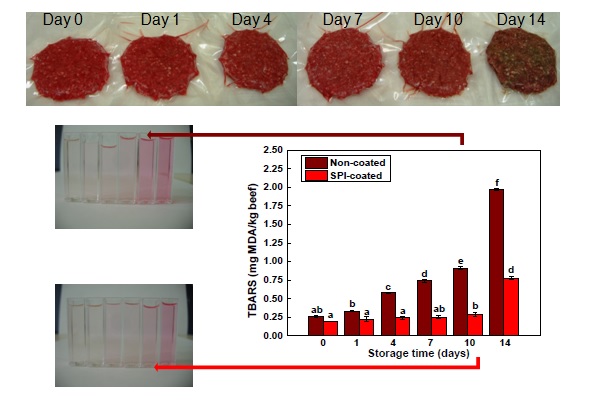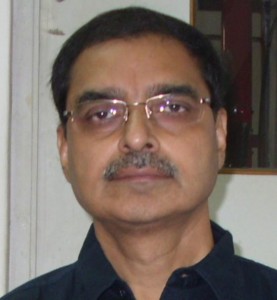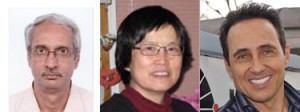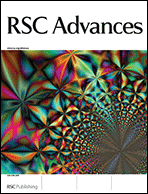We are delighted to report that RSC Advances Associate Editor Dr Vandana Bhalla (Guru Nanak Dev University) has become the first woman scientist in India to receive a Thomson Reuters Research Excellence – India Citation Award, at a ceremony held on 18 September 2015 in New Delhi, India.
This prestigious award is to presented every three years to 10 highly influential scientists and researchers in India, for their outstanding and pioneering work, and their influential contribution to global research.
Dr Bhalla has recently joined RSC Advances as an Associate Editor in the area of supramolecular chemistry, and we look forward to receiving your submissions in this area.
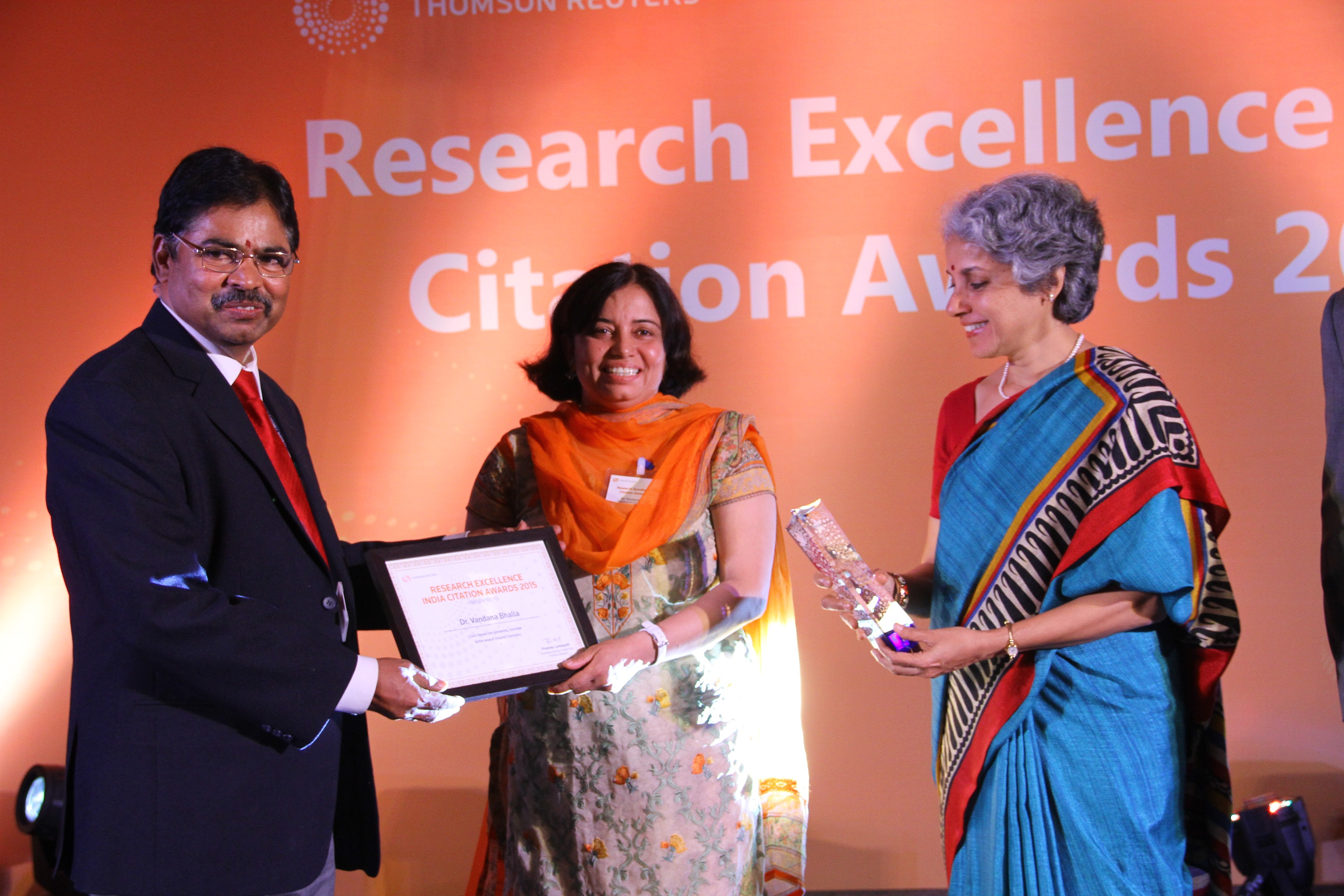
Dr Vandana Bhalla (center) receives her 2015 Thomson Reuters Research Excellence – India Citation Award
Here are a few of Dr Bhalla’s recent publications in RSC Advances:
Fluorescent aggregates of AIEE active triphenylene derivatives for the sensitive detection of picric acid
Harshveer Arora, Vandana Bhalla and Manoj Kumar
RSC Adv., 2015,5, 32637-32642
DOI: 10.1039/C5RA04337A, Paper
Silver nanoparticles: facile synthesis and their catalytic application for the degradation of dyes
Kamaldeep Sharma, Gurpreet Singh, Gurpreet Singh, Manoj Kumar and Vandana Bhalla
RSC Adv., 2015,5, 25781-25788
DOI: 10.1039/C5RA02909K, Paper
Rhodamine appended hexaphenylbenzene derivative: through bond energy transfer for sensing of picric acid
Radhika Chopra, Vandana Bhalla, Manoj Kumar and Sharanjeet Kaur
RSC Adv., 2015,5, 24336-24341
DOI: 10.1039/C5RA00436E, Paper
Facile synthesis of gold nanoparticles using aggregates of pentacenequinone derivative and their catalytic activity for oxidative polymerization, homocoupling and reduction
Kamaldeep Sharma, Vandana Bhalla and Manoj Kumar
RSC Adv., 2014,4, 53795-53800
DOI: 10.1039/C4RA11116H, Paper











